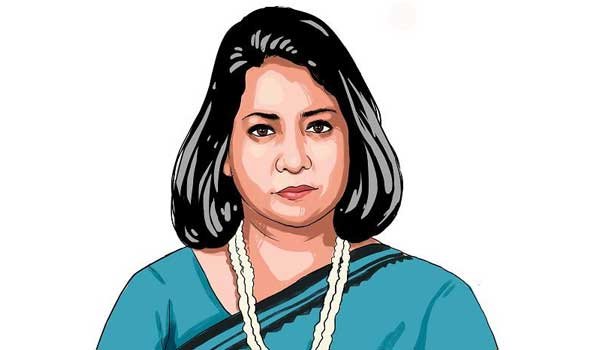Originally posted in The Business Standard on 23 December 2022

Instead of focusing solely on employment creation, emphasis should be placed on increasing and ensuring quality employment, according to Centre for Policy Dialogue (CPD) Executive Director Fahmida Khatun.
“All economic activities are inextricably linked with the labour market,” she said at a discussion titled “Labor Market Recovery in Bangladesh: Prospects amid the Global Recession” in Dhaka on Thursday.
At the programme organised by the Economics Study Center of Dhaka University, Fahmida Khatun said if the existing vocational training centres are not made more effective, the country will not be able to reap benefits from new ones.
“If we can send skilled manpower to India and China, the employment rate will increase in the country as well,” she added.
Highlighting the prospect of innovative ideas by the youth, she called for better youth access to capital accumulation.
“In any economic shock in Bangladesh, informal sector workers are the first to lose their jobs and the country’s labour-intensive economy becomes easily exposed to recession risks. To cushion the fallout, we need to ensure social rights, reduce red tape and skilled employment alongside infrastructural development,” said the CPD executive director.
Discussants at the programme talked about Covid fallout on Bangladesh labour market and several socio-economic sectors. They said the pandemic eroded people’s income while the Russia-Ukraine war worsened the labour market situation further.
Mohammad Nazmul Avi Hossain, programme officer of the International Labour Organization (ILO) highlighted the post-least developed country (LDC) status challenges for Bangladesh. He said there is also room for discussion on whether LDC benefits are available for another 2-3 years even after the graduation.
The ILO official said there are three indicators to address Bangladesh’s labour market, which is largely influenced by the informal economy. Those are: the ratio of employment to population, youth employment ratio and the ratio of youth not in employment, education or any training.
Dhaka University Economics Prof Sayema Haque Bidisha talked about putting emphasis on pre-existing macro and microeconomic challenges alongside the recent ones.
She called for bringing the informal economy under some formal arrangements, ensuring quality institutional education and keeping inflation at a tolerable level.
Executive Director of the South Asian Network on Economic Modeling (Sanem) Selim Raihan moderated the session. He said there is a lack of data needed to assess the actual state of the local labour market.
“Bangladesh’s trade-GDP ratio has declined from 40% to 10%-12% in the last ten years. Low foreign direct investment and the informal economy still above 85% are worrying,” he added.


